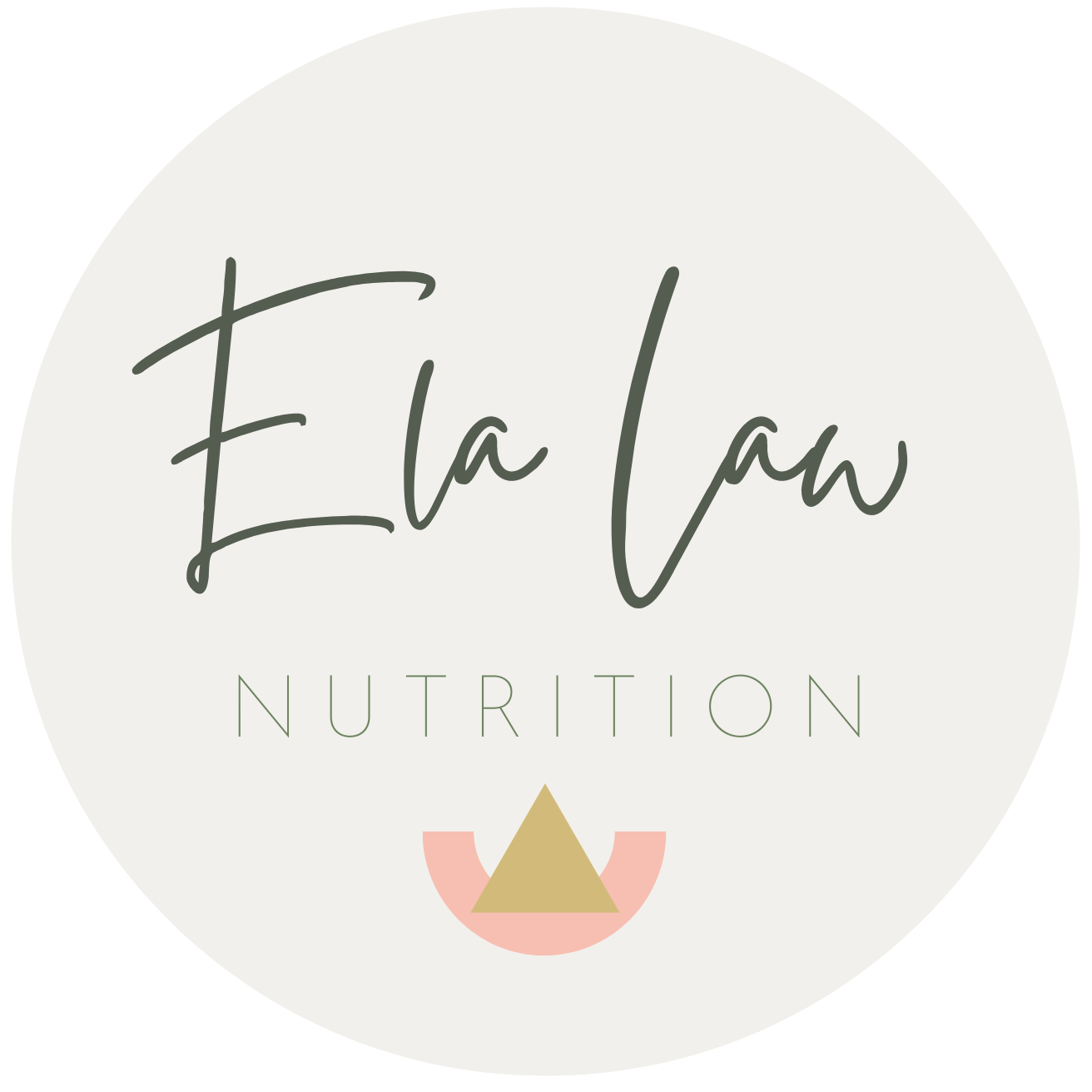Do we miss out on belonging by trying to fit in?
I have been reading ‘Atlas of the Heart’ by the amazing Brené Brown. In the book, Brené explores emotions and experiences, and the nuance between seemingly similar concepts, and how they explain how we act, react and respond. She uses language to guide us back to ourselves and others, to meaningful connections, and to a better understanding of our emotional compass.
Connection through belonging
Disconnection through fitting in
One set of concept that stood out to me recently was the difference between fitting in and belonging.
Whilst at first glance we may think that they are similar, when you explore them they turn out to be enemies. Let me explain what I mean using the context of dieting and our relationship with food.
Belonging to a community, a family, a group, is based on authenticity – we are accepted in that group for who we are, for our essential and most authentic self. But we first need to cultivate a sense of who we are and what our values are, basically establishing a belonging to ourselves, because without knowing and understanding these things, we may not feel like we belong to any group at all.
A sense of belonging is essential for humans – we are social animals and function best as part of a pack. But not only is the need for belonging of a functional nature, it is also critical for our mental wellbeing. Feeling ‘other’ or ‘different’ and not part of a social group can create a lack of self-worth, a sense of not being good enough, a failure, even.
Fitting in, in contrast, is trying to reduce our authenticity in order to find acceptance. Moulding ourselves to fit in with a certain set of norms, group beliefs, or appearances is often actively going against ‘our authentic grain’. And whilst we may fit in with a group because we are saying the same, wearing the same, even believing the same, we don’t get that sense of belonging because the group only accepts us based on us adopting their mantras.
So here is the connection to dieting: when we choose to go on a diet, we are doing this to fit in:
We want to lose weight to be more ‘acceptable’ to society or our partners or our family.
We bond with our friends or colleagues over our shared goal and through comparing notes on the latest meal plan or ‘lifestyle hack’ we have embarked on.
We feel like we are doing the ‘right thing’ because it’s what society expects of us – to be a ‘good person’ we need to at least make an effort at being thin.
We absorb messages about ‘good’ foods and ‘bad’ foods, and then weave them into our own narrative.
We believe without investigating the truth, our truth.
We fit in.
But what happens when we try to fit in is this: we lose ourselves. We mute our authenticity, we ignore our intuition, we lose trust in our bodies. And when we lose who we are, we can’t feel like we belong. Because knowing where we belong requires knowing who we are.
Intuitive eating work isn’t just about food; a lot of it is about finding yourself, getting to know yourself and your values, understanding what matters to you and what matters to others. I love exploring values with my clients, because I noticed that when behaviours don’t align with our values, we get a sense of unease, of dissonance. When we get to that uncomfortable place it’s a good time to stop and dig – we can then explore how trying so hard to fit in got us to a place where we don’t feel like we belong.


